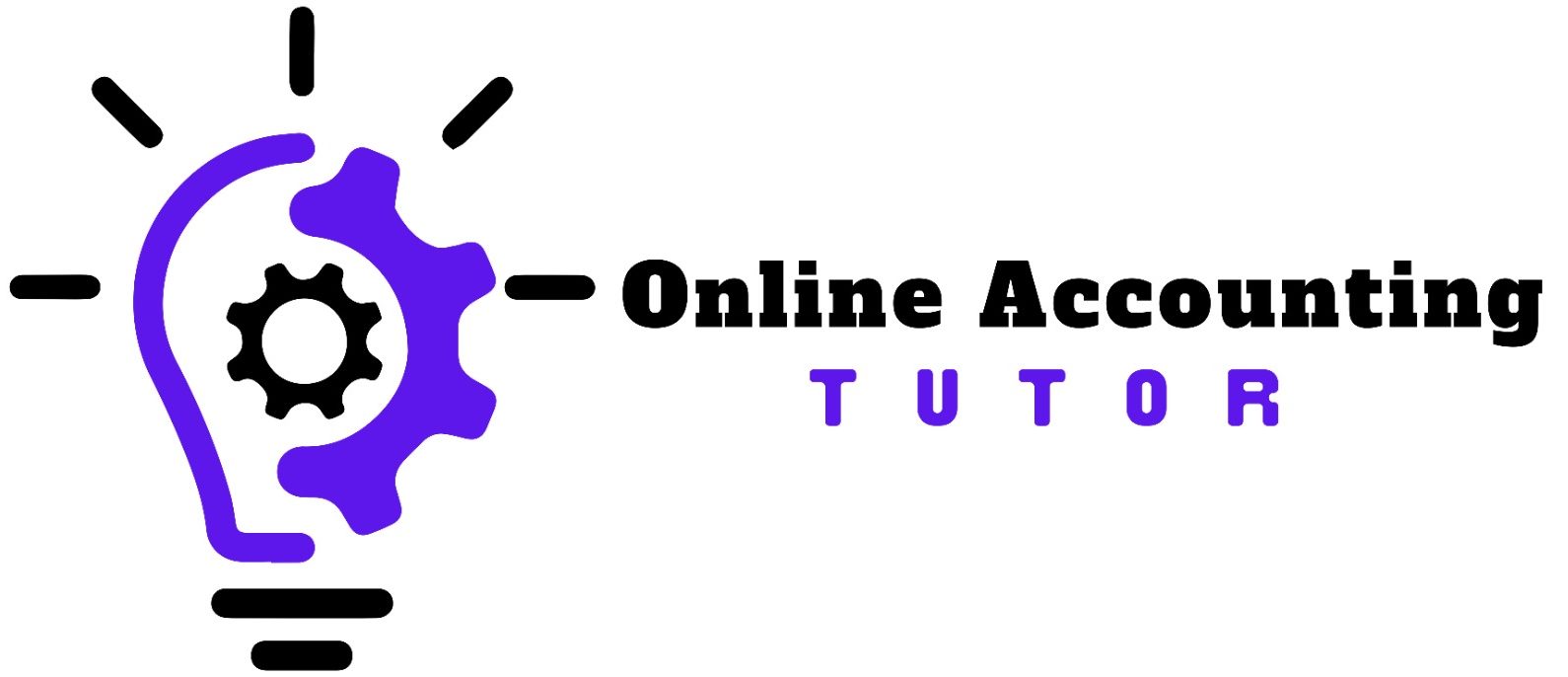
How to study Accounting
Understanding Your Learning Style
Understanding your learning style is crucial when it comes to studying accounting. Some people are visual learners, meaning they learn best by seeing information in the form of charts, graphs, or diagrams. Others are auditory learners, who absorb information better through listening to lectures or discussions. Finally, there are kinesthetic learners, who learn best by engaging in hands-on activities or simulations. By identifying your learning style, you can tailor your study methods to suit your individual needs and optimize your understanding of accounting concepts.
Creating a Consistent Study Schedule
To effectively study accounting, it is important to establish a consistent study schedule. This means setting aside dedicated time each day or week specifically for studying accounting. By creating a routine, you can train your mind to focus during these designated study periods, which will enhance your ability to retain information and improve your overall comprehension of accounting principles. Additionally, a consistent study schedule helps you stay organized and reduces the likelihood of procrastination.
Utilizing Effective Study Tools and Resources
When studying accounting, it is essential to utilize effective study tools and resources. This includes textbooks, online resources, practice questions, and accounting software. Textbooks provide in-depth explanations of accounting concepts and can serve as a valuable reference when studying. Online resources, such as video tutorials or online courses, can supplement your learning and provide alternative explanations for difficult topics. Practice questions allow you to apply your knowledge and reinforce key accounting principles. Lastly, get an accounting tutor who can help break down complex accounting concepts for you.
Implementing Active Learning Techniques
Active learning techniques can greatly enhance your understanding of accounting. Instead of passively reading or listening to lectures, actively engage with the material. This can involve taking notes, summarizing key concepts in your own words, teaching the material to someone else, or participating in group discussions. By actively participating in your learning process, you will not only improve your comprehension but also retain information for a longer period of time. Additionally, active learning promotes critical thinking and problem-solving skills, which are essential in the field of accounting.
Evaluating Your Progress and Making Adjustments
Regularly evaluating your progress is crucial for effective studying. This involves assessing your understanding of accounting concepts, identifying areas of weakness, and making necessary adjustments to your study approach. One way to evaluate your progress is by regularly testing yourself through quizzes or practice exams. This will help you identify areas where you may need further review or practice. Additionally, seeking feedback from professors, tutors, or classmates can provide valuable insights into areas where you can improve. By continuously evaluating your progress, you can make informed adjustments to your study methods and ensure that you are on track to succeed in your accounting course.
"Are you tired of struggling in accounting class? Let us make accounting easy and enjoyable for you."







